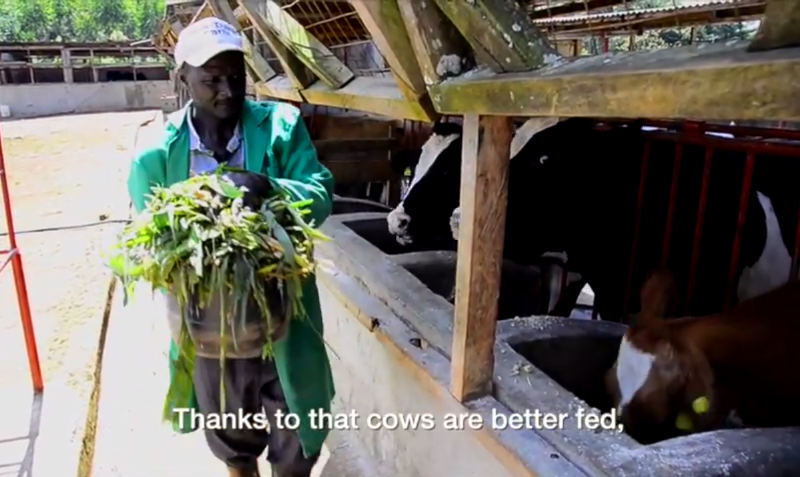Context
Kenya became a lower-middle economic country in 2014 and has continued to perform well economically in 2016 with a GDP growth of 5.9%. However, the business climate continues to be challenged by corruption and red tape, among others. In the interests of Kenya’s long-term stability and security, which is potentially threatened by terrorism and political violence, the Netherlands has a targeted programme to enhance governance, the rule of law and respect for human rights. This programme addresses inequalities and counters violent extremism. Under the Aid and Trade agenda, the Netherlands focuses on the transfer of knowledge and technology in the water and agricultural sectors, involving Dutch companies and knowledge institutions, which is showing promising results. In other sectors, trade and investment are also being promoted. Within the region, Kenya is an important host country to 600,000 refugees. In the long term, hosting so many refugees contributes to preventing the migration of refugees to Europe but, due to the large numbers and continued regional instability, also poses challenges to the country. The (presidential) elections held last August (2017), the Supreme Court’s judgement and the new presidential elections to be held on 17 October could influence the pace of further structural reforms, which are needed to ensure the sustainability of investment-driven inclusive growth.





